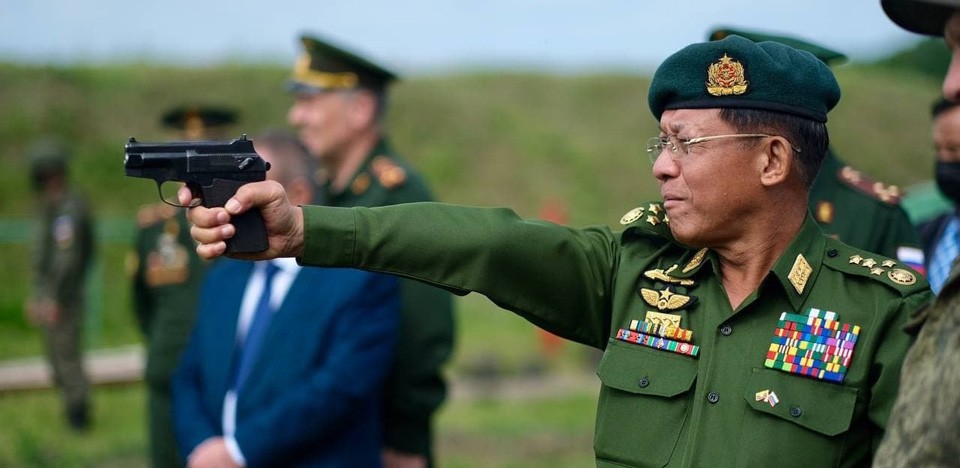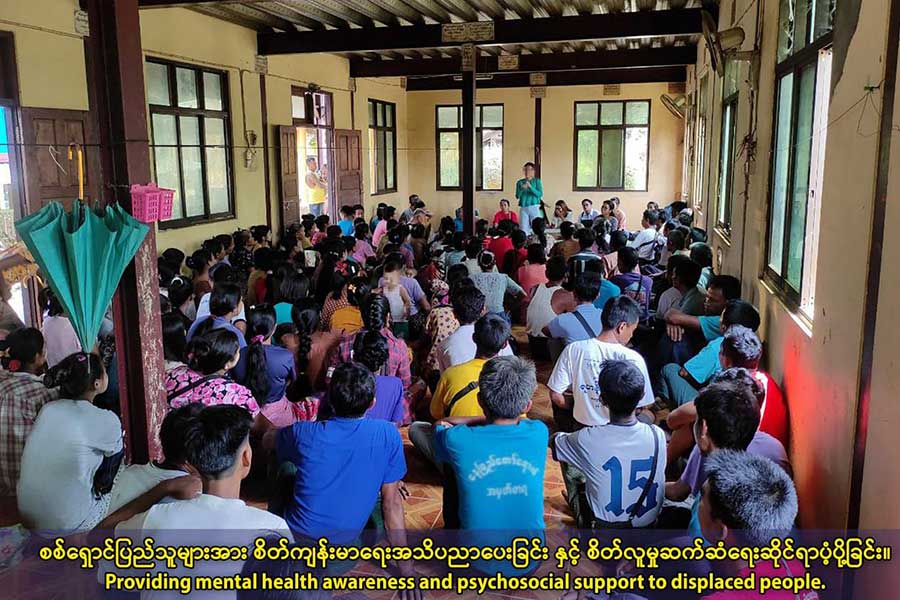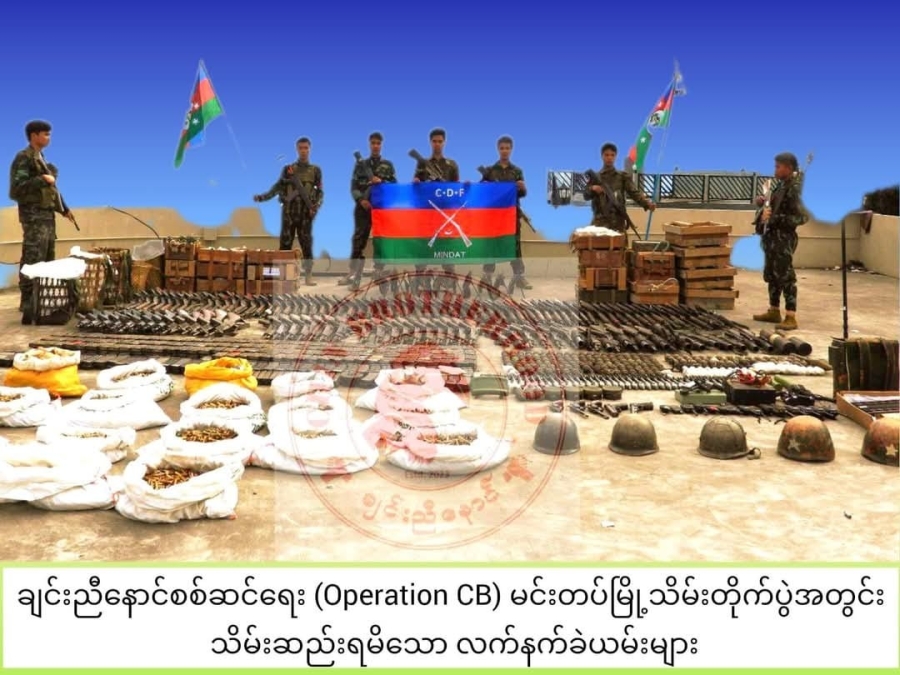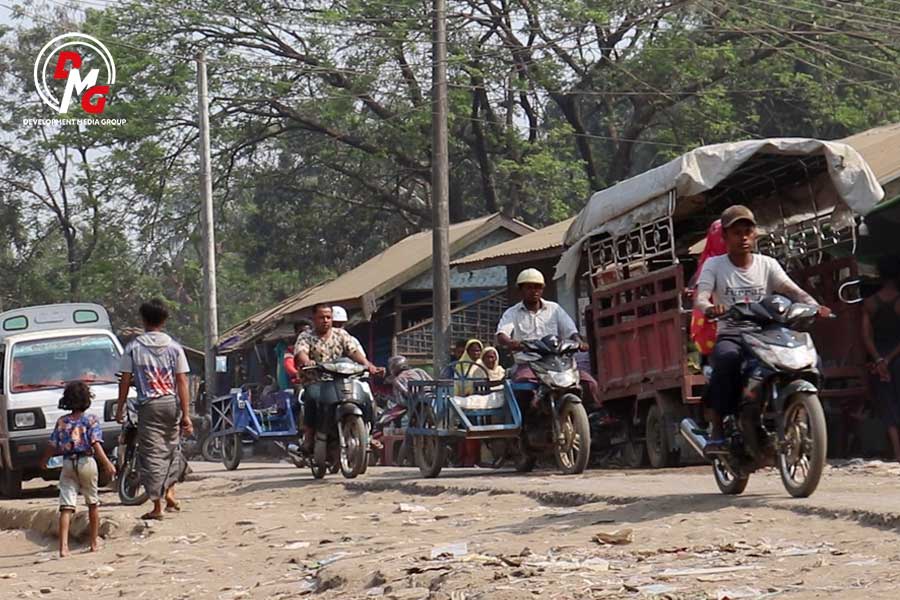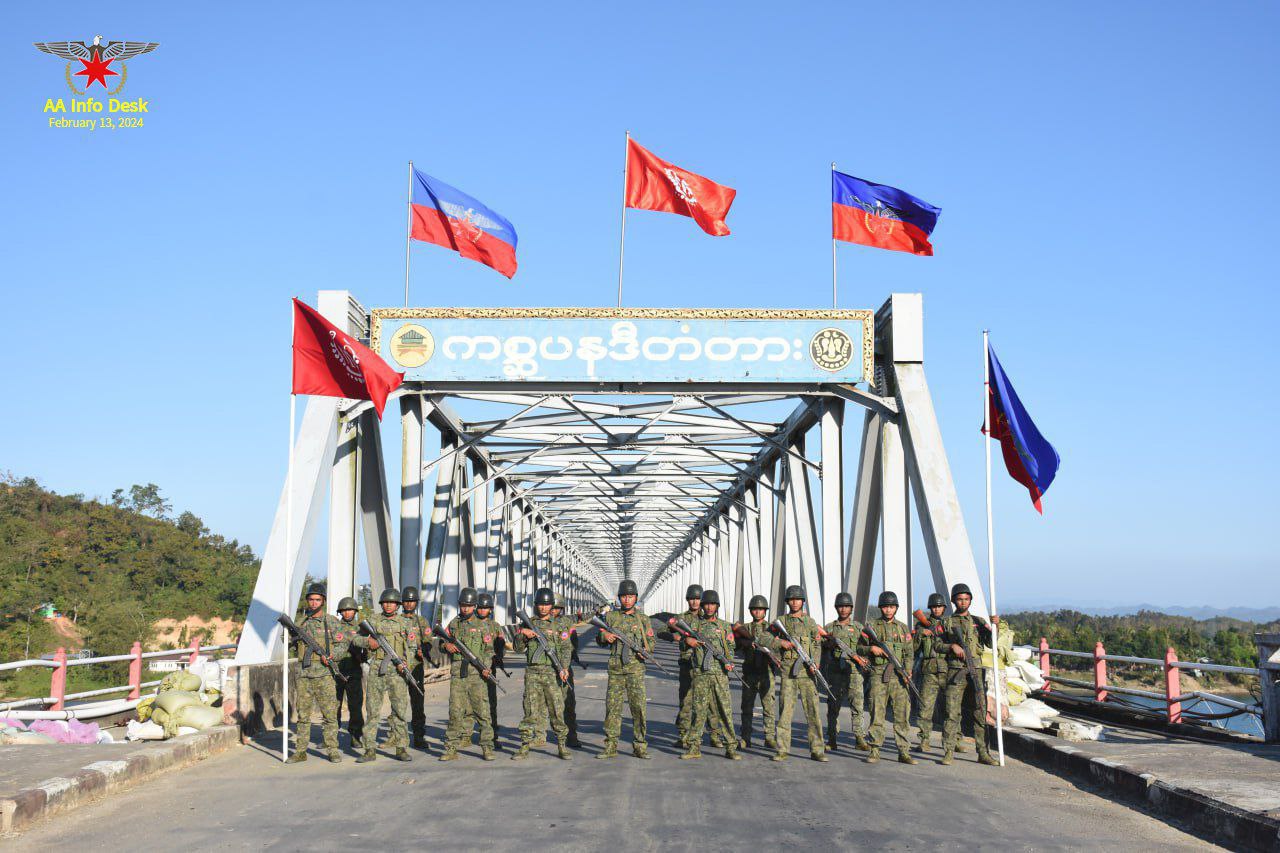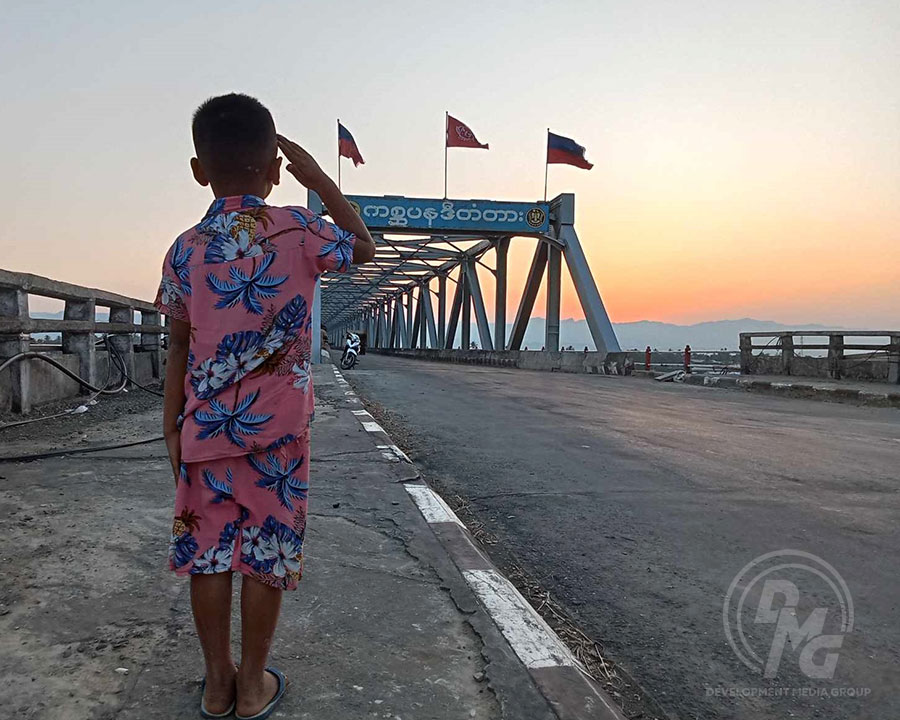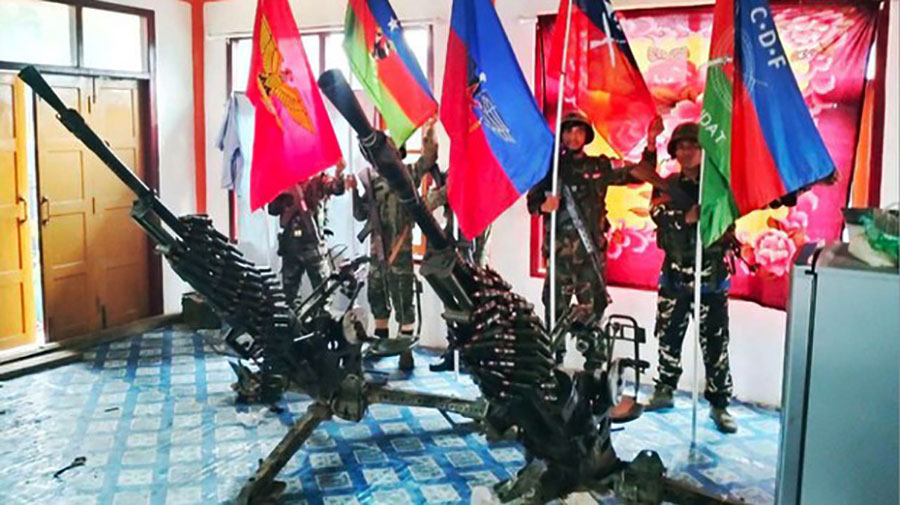Muslim students at Sittwe University lament ineligibility for financial aid grants
Muslim students attending Sittwe University are being denied the chance to apply for grant-based financial assistance despite the fact that university authorities have indicated that first-year students would have that opportunity for the 2022-23 academic year.
04 Nov 2022
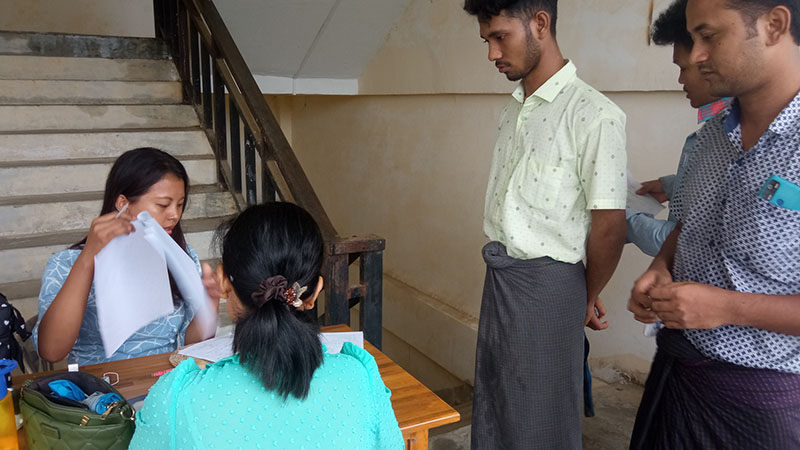
DMG Newsroom
4 November 2022, Sittwe
Muslim students attending Sittwe University are being denied the chance to apply for grant-based financial assistance despite the fact that university authorities have indicated that first-year students would have that opportunity for the 2022-23 academic year.
According to the eligibility criteria for student grants, both parents of applicants and the applicants themselves must be Myanmar citizens, which bars most Muslim students from applying, a first-year Muslim student specialising in chemistry told DMG.
“We want to apply for a student grant. But we can’t. Our parents do not have citizenship IDs, and neither do I. We want them to allow any student with financial difficulties to apply for a student grant regardless of their citizenship status,” he said.
The grants, which amount to 300,000 kyats per month for the duration of the 10-month academic year, are provided by Myanmar’s Higher Education Department. Eligible students may submit their applications for the grants from October 11 to November 15.
The grants should be awarded to any students with financial difficulties, and it is unreasonable that Muslim students can’t apply for them, said second-year Muslim student Ko Thant Zaw.
“Student grants should be awarded to every needy student. The eligibility criteria about ethnicity and citizenship ID are unacceptable,” he said.
The head of the Student Affairs Department at Sittwe University, U Kyaw Naing Oo, denied that discrimination against Muslims was taking place.
“It is a government scholarship, so the rule is that both parents of the students as well as students themselves must be Myanmar citizens if they are to apply for it,” he said. “It is not targeting Muslims. Followers of any faith can apply for it on condition that they and their parents are Myanmar citizens.”
Following widespread violence between Arakan State’s Muslim and Buddhist communities in 2012, successive governments imposed travel bans on Muslims and also restricted their access to education, healthcare and economic opportunities.
Relations between the two communities have improved in recent years, however, and some restrictions have been eased or lifted. Thanks to the efforts of Muslim and Arakanese students, Muslim students have been allowed to study as day students at Sittwe University this year, for the first time in a decade.



